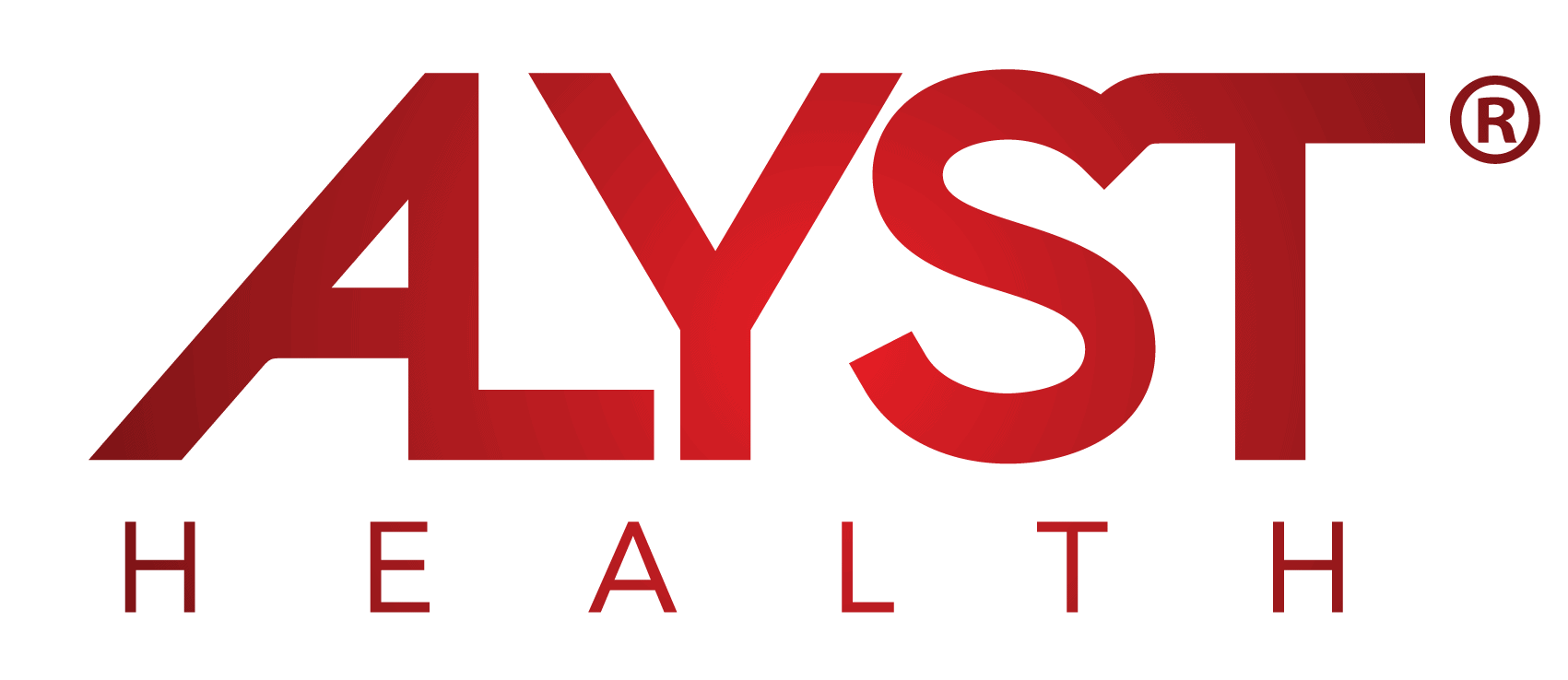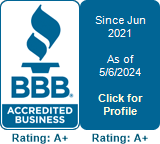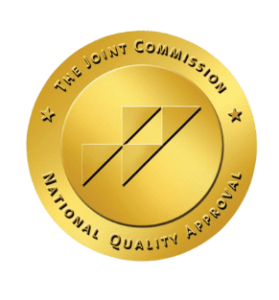Understanding when a sober companion can be helpful is critical to navigating high-risk situations in recovery and prioritizing sobriety. Having a sober companion at the right time and place often makes the difference between staying sober and facing a setback in your recovery journey.
How Does a Sober Companion Help During Recovery?
On the simplest level, a sober companion accompanies an individual as needed to support them in achieving their addiction recovery goals. What exactly that entails varies from program to program as the specific responsibilities a sober companion may take on often have to be tailored to the individual.
Remember that friends and family members are not sober companions, even if they are helping the person they care about stay on track with recovery. Sober companions are trained professionals with the perspective and experience to ensure the individual’s best interests are considered when making critical decisions on the road to recovery.
It’s also important to note that the role of a sober companion is generally determined by the person’s stage of recovery. Some individuals may require more hands-on, directive guidance, especially early on in the recovery journey. On the other hand, some individuals may come to rely on a sober companion to help them navigate high-risk situations on an as-needed basis.
When an individual requires a structured approach to sobriety, sober companions can serve as sober escorts where they’re designated to help individuals navigate specific routine challenges.
Situations When a Sober Companion Can Be Helpful
Some situations where sober companions can be particularly beneficial include:
- Important life celebrations like birthdays, anniversaries, and holidays
- Anywhere that triggers (e.g., toxic individuals, alcohol, and so on) may be present
- On the daily drive home from work
- During trips to and from treatment programs
- Work events and business trips
Identifying High-Risk Events and Situations
What about other events? How can you identify high-risk events and situations where you might need a sober companion? We always recommend that if you’re wondering whether you might relapse or even asking whether an event is high risk the answer is probably yes. When in doubt, especially early on in your recovery journey, the safest answer is always yes.
We like to remind participants that whenever possible, it’s better to not need a sober companion and have one there than to need a sober companion and not have one at a crucial moment.
What Else Can a Sober Companion Help With?
Sober companions offer more than guidance with your best interests at heart. They can also support all aspects of addiction treatment and recovery.
Depending on the specific program, the role of a sober companion can expand to also include:
- Recovery coaching
- Ensuring a drug and alcohol-free environment
- Monitoring behaviors and interactions to identify signs of substance abuse and mental health issues
- Acting as a mediator during tense situations
- Checking in after meetings, mental health therapy sessions, and events
- Providing case management services to keep all recovery teams working toward the same goals
The Difference Between Sober Coaches, Sober Companions, and Certified Recovery Agents (CRAs)
Some recovery programs use the terms “sober companion” and “sober coach” interchangeably, but these roles can differ slightly. Sober companions are typically highly trained professionals who are available for emotional support 24/7. However, not everyone needs constant assistance.
If an individual feels comfortable navigating day-to-day life without a companion but still needs sporadic assistance during their recovery, they can meet with a sober coach. These professionals assist with goal-setting, identifying triggers, and creating a healthy lifestyle.
At ALYST Health, Certified Recovery Agents (CRAs) perform the role of a sober companion and sober coach. CRAs undergo rigorous training to ensure they have the tools and expertise necessary to support participants during their recovery.
We require all CRAs to:
- Pass extensive background checks
- Complete clinical training
- Display effective communication and social etiquette
- Follow hygiene, safety, and travel protocols
- Receive CPR and First Aid Certification
- Maintain confidentiality and HIPAA compliance
- Carry professional liability insurance
Our CRAs can accompany individuals around the clock after they exit a treatment facility or sober living environment. Later in our participants’ recovery journey, we offer on-call support as needed. Ultimately, our goal is to give participants the resources they need to maintain sobriety without outside assistance.
The Next Step: Find the Right Sober Companion for Your Recovery Goals
Navigating recovery isn’t easy, but no one has to do it alone. Our Certified Recovery Agents are available to provide vital support during any scenario, from major life transitions to day-to-day triggering events. Our fully at-home addiction treatment program empowers participants to develop the habits and coping skills needed to maintain long-term sobriety from the place they’re most comfortable.
If you or someone you care about requires unparalleled confidentiality, comfort, or personalization while navigating the recovery process, ALYST can help. Discover if our approach is a good fit for you by answering eight easy questions.






